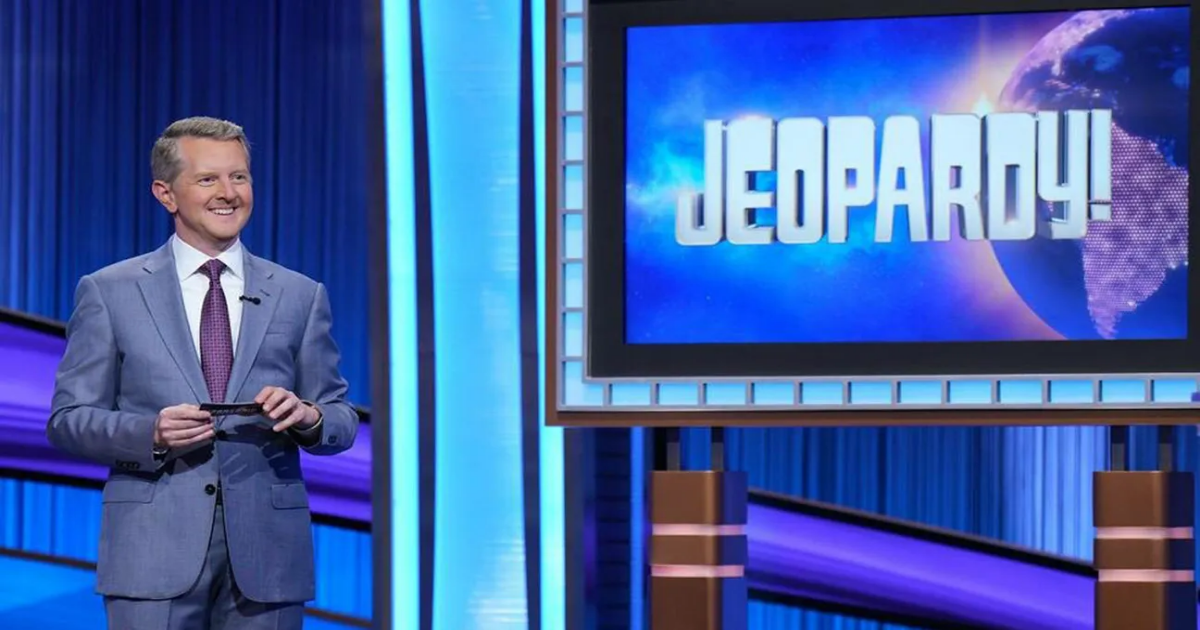Sony will take over distribution of syndicated game shows Jeopardy! and Wheel of Fortune from CBS, a court has ruled.
Los Angeles Superior Court Judge Kevin Brazile, in a tentative ruling issued on Thursday, denied CBS’ bid for a court order that would’ve temporarily blocked Sony’s efforts from assuming distribution.
“Sony can begin distributing the Shows and need not deliver episodes to CBS,” the order stated.
In a statement, CBS Media Ventures said the ruling will be immediately appealed. It added, “This is only a preliminary ruling based on partial evidence, not the outcome of the full case. We’re confident once all the evidence is heard at trial, we will prevail on the merits. In today’s ruling, the court itself recognized the balance of harm tips in CBS’s favor, so we will ask the appellate court for a stay pending our appeal.”
Sony produces the two long-running shows, which are perennially among the most watched syndicated programs on broadcast TV. In February, Sony took over CBS’ role as a distributor after claiming that the network breached its contract by entering into unauthorized licensing agreements. CBS later filed for a restraining order seeking to keep the terms of the deal in place, which was granted.
At the heart of the lawsuit: allegations that CBS licensed the shows at below-market rates, failed to maximize advertising revenue and has overall rendered itself incapable of living up to its end of the agreement with Sony by implementing far-reaching layoffs that have allegedly decimated teams responsible for the shows’ distribution, marketing and advertising sales.
CBS, which filed a countersuit last year alleging that Sony is unfairly trying to get out of the deal, maintained that it has mostly complied with the distribution agreements and made billions for Sony.
“We are gratified by the Court’s ruling today and we look forward to distributing our shows, Jeopardy! and Wheel of Fortune, to the 200+ stations that license and count on this programming in the U.S. and around the world, and the millions of fans who tune in to these beloved game shows every week,” said Sony Pictures Television in a statement.
CBS’ practice of bundling its shows for both licensing and advertising purposes when presenting them to broadcasters was the focus of the court’s ruling. Although Brazile concluded that this is likely “mostly permissible,” he said that it could be a conflict of interest because the bundle includes both CBS and Sony programming, which could undercut profits for Jeopardy! and Wheel of Fortune. The shows are the most desired programming in “virtually any package,” the order stated.
Dale Woods, an affiliate station manager, testified that “negotiations with CBS for the Sony shows often included, at CBS’ insistence, conversations about other CBS programming” and that it was “well understood that CBS would only license Wheel of Fortune and Jeopardy! if we agreed” for the shows to be packaged with other CBS programming. He added, “We felt like we had to take the other CBS programming given the importance of Wheel of Fortune and Jeopardy! I cannot stress enough the power of the Sony shows to a local station. Having the rights to broadcast these shows can quite literally make or break you.”
CBS denied Woods’ assertions. In defense of bundling, it said that the practice never undermined Sony because it was CBS’ shows that would take any bundle-based deduction, though the court disagreed. Wu found that bundling shows may “decrease prices relative to marketing a show separately” and that “some stations may be more reluctant to make a deal because they are being required to simultaneously take undesired programming from CBS.”
Also at issue: the absence of an open bidding process for the shows, unlike its treatment of The Oprah Winfrey Show, allowing the same stations to continuously air them. This foreclosed the ability of new stations to generate higher bids, the court said.
In 2019, CBS and Viacom struck a deal to recombine. The court pointed to ripple effects from this merger as evidence that CBS didn’t sufficiently try to maximize profits for the shows. Roxanne Pompa, a former CBS vice president, testified that she was told by network executive Lisa Kramer that Wheel of Fortune and Jeopardy! are “not shows the international formats team should primarily focus on ‘because we don’t take in 100 percent of the revenue.’”
Notably, Pompa said, “Before the CBS-Viacom merger, my team always took care of production 100 percent from start to finish. We valued the relationship that we had with the Sony producers and technical teams … When the Viacom-side team took over some of this work, I saw that they didn’t have the same regard for the production process. For example, I noticed that they started production in other countries with no one staffing the production and were allowing production materials to be delivered before signature of a deal.”
Court filings indicate that the feud between CBS and Sony has been simmering behind closed doors. In 2021, Sony led licensing negotiations with ABC, which resulted in bids from all major stations and culminated in a significant increase in fees for the following renewal term. Two years prior, an audit found that CBS had engaged in improprieties costing Sony roughly $1.1 million, which resulted in a settlement.
Additionally, the court pointed to agreements limiting licensing agreements to a two-year period. Despite that provision, CBS made numerous deals in Australia and New Zealand for a longer period of time. When the two sides discussed the issue, CBS allegedly declined to pay the fees it collected. The network later made the payments after it was sued.
The agreements required CBS to use its “best efforts,” consistent with customary practices and its business judgment, to obtain “maximum receipts” for the shows, though it’s allowed to set licensing prices as it deems “expedient.”
